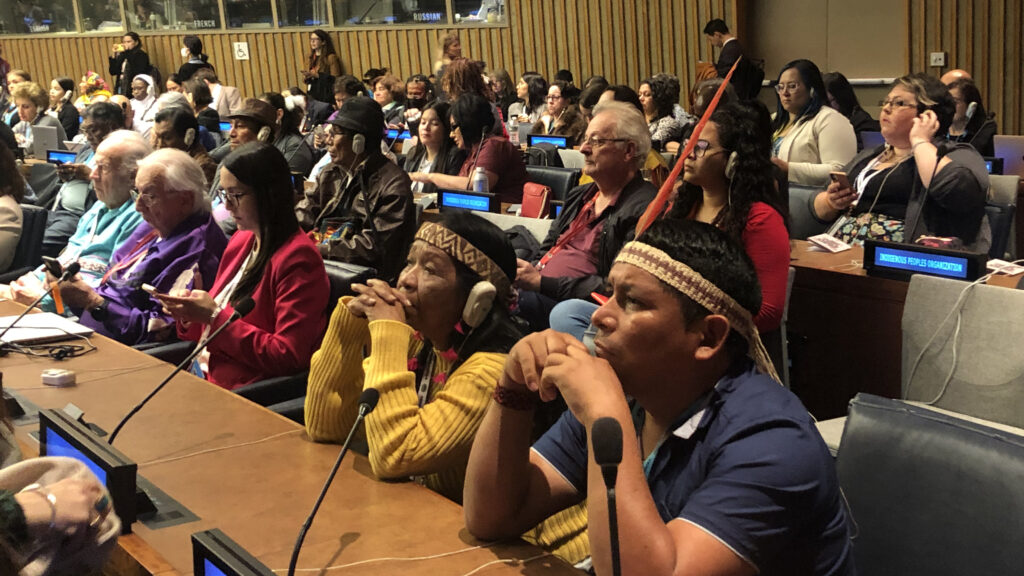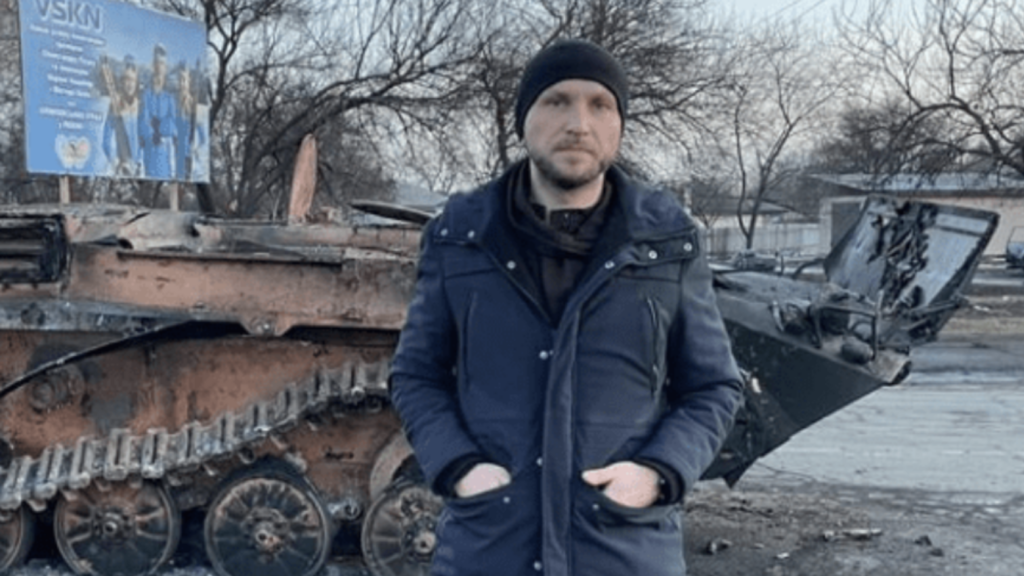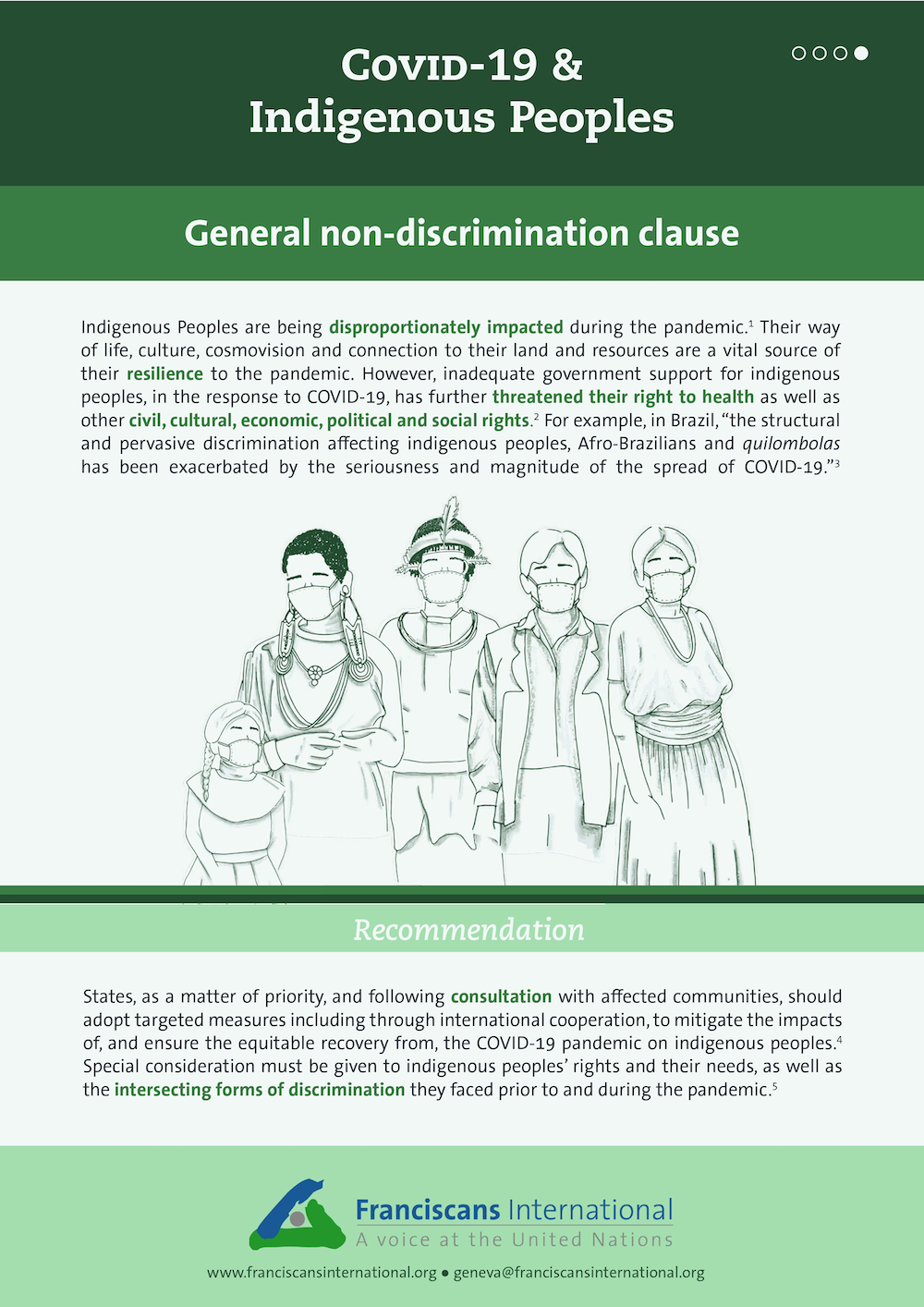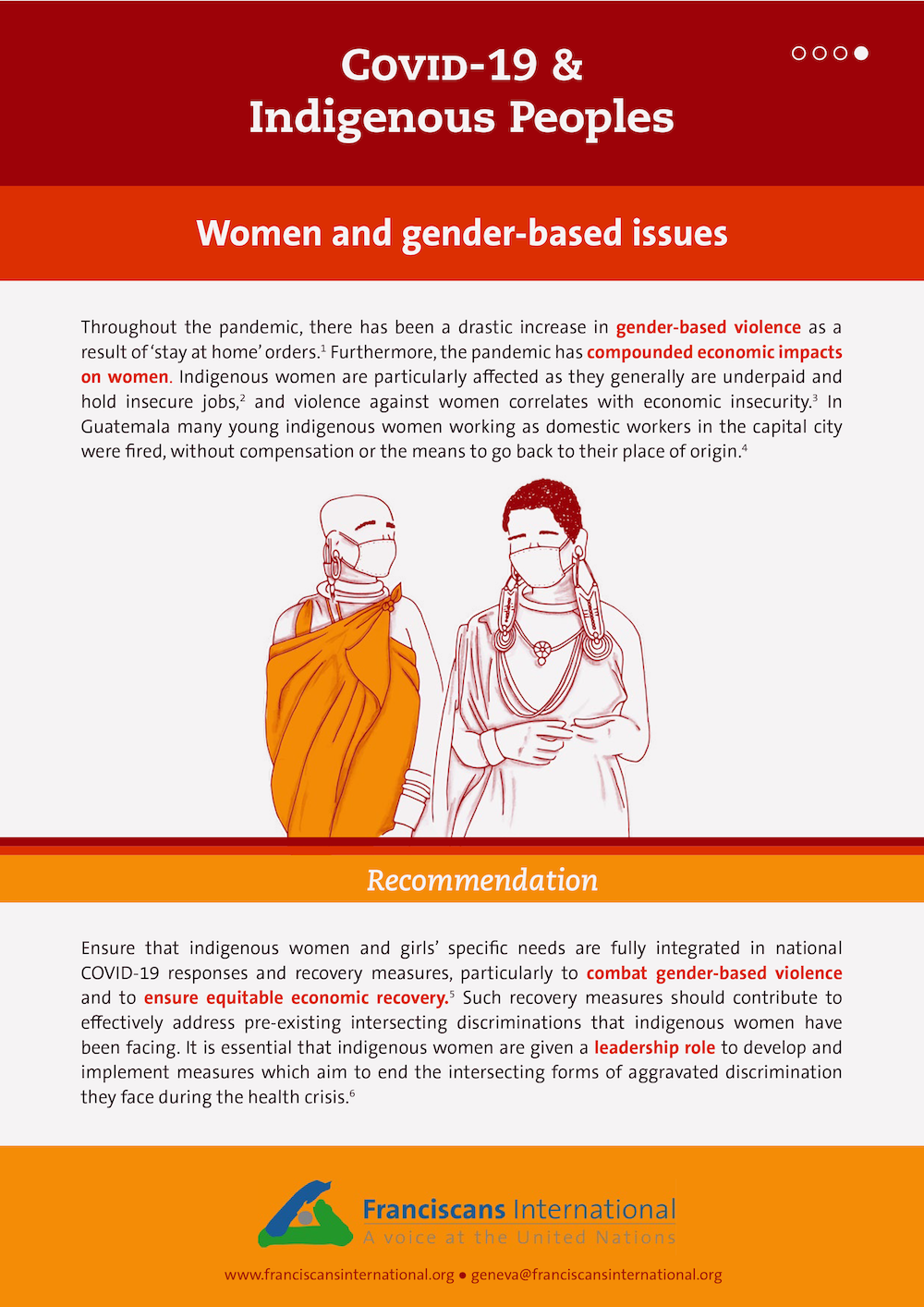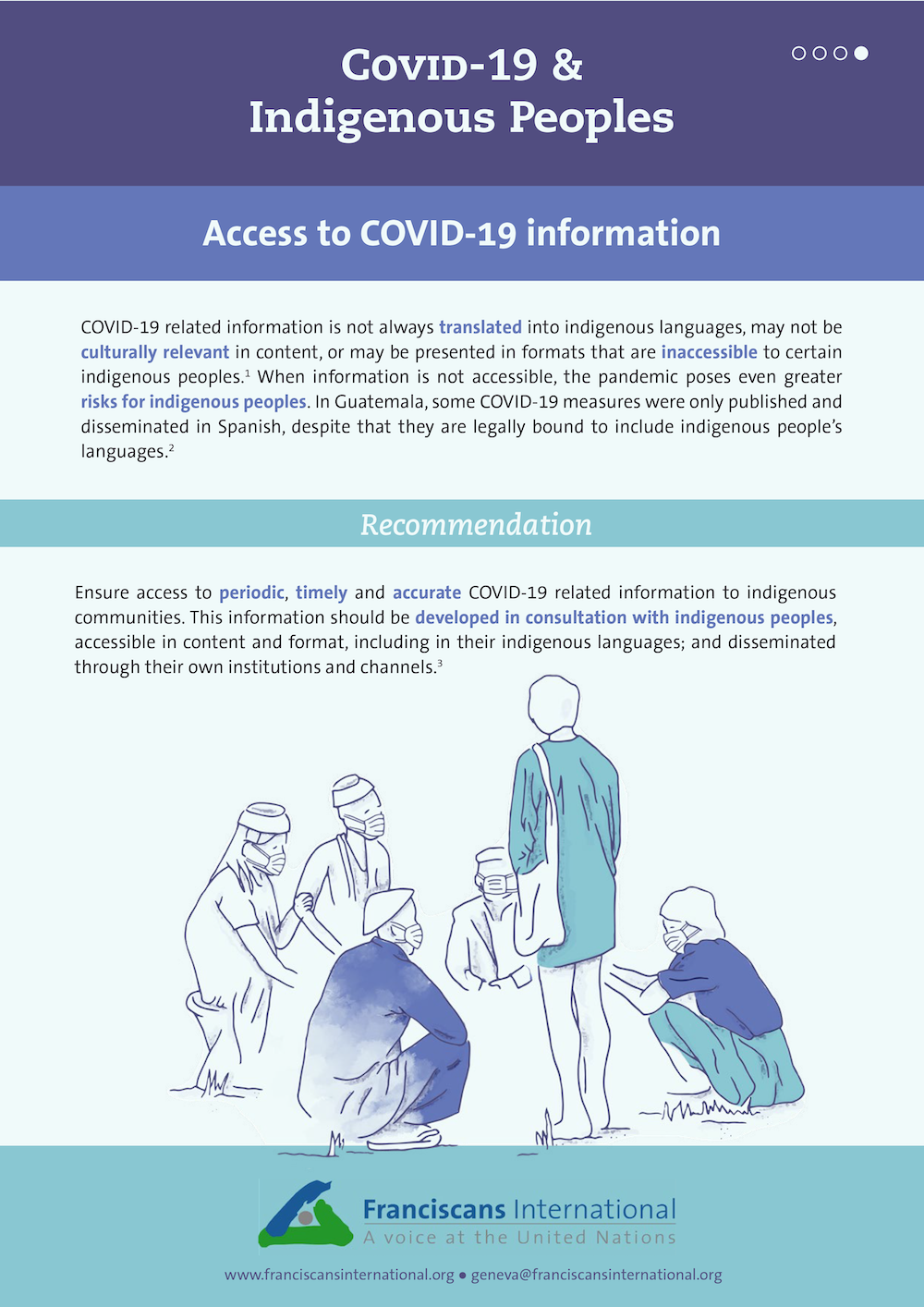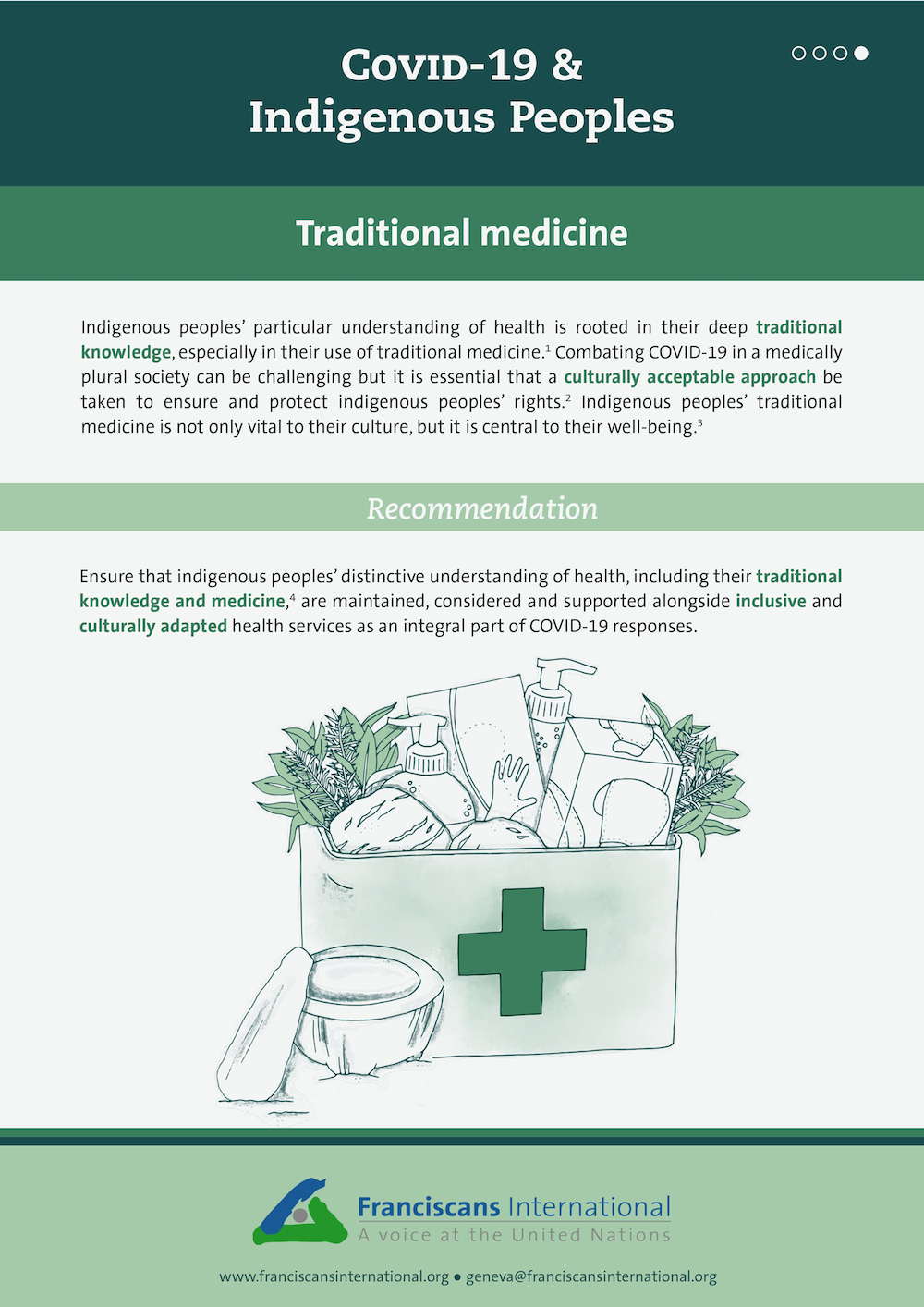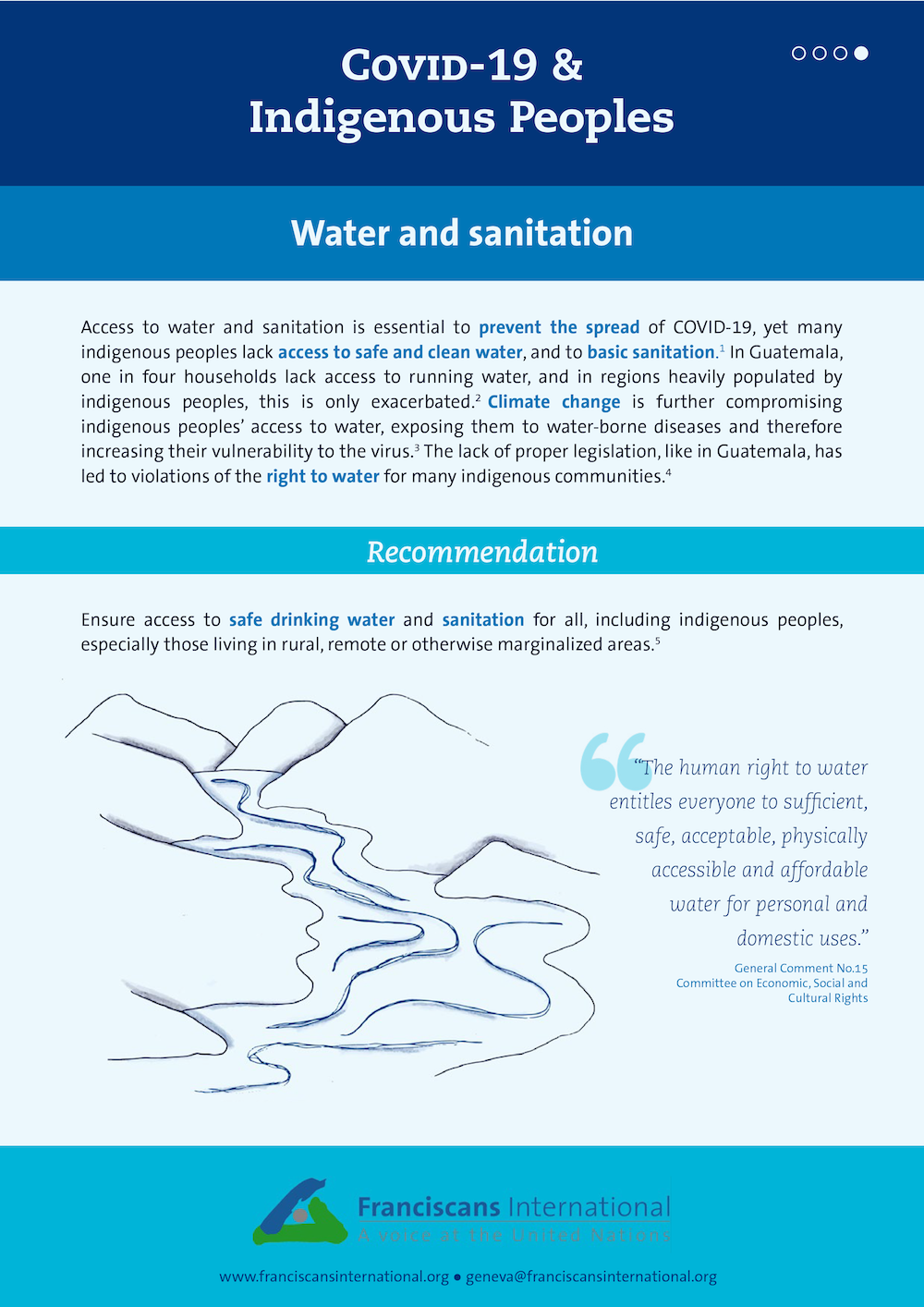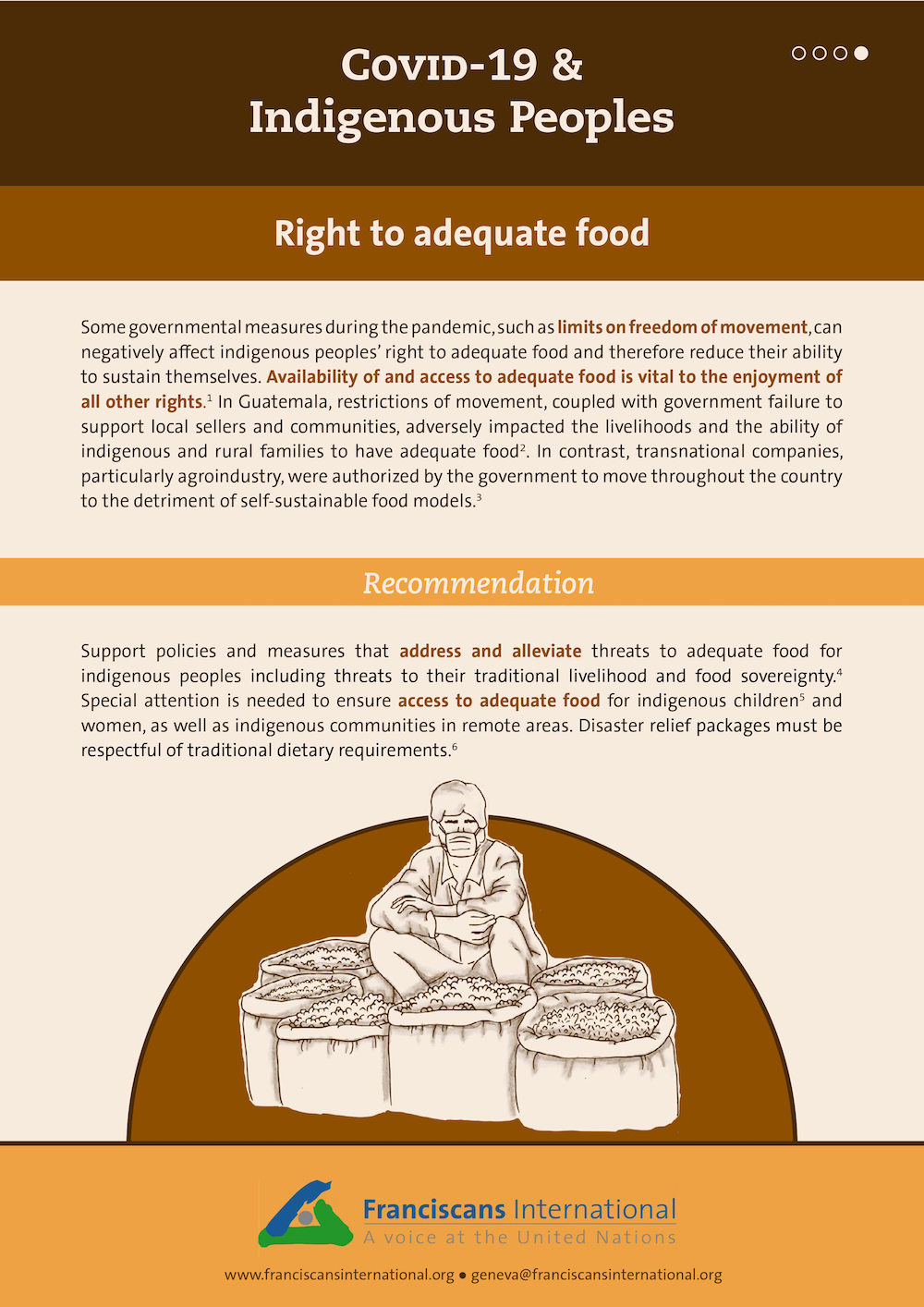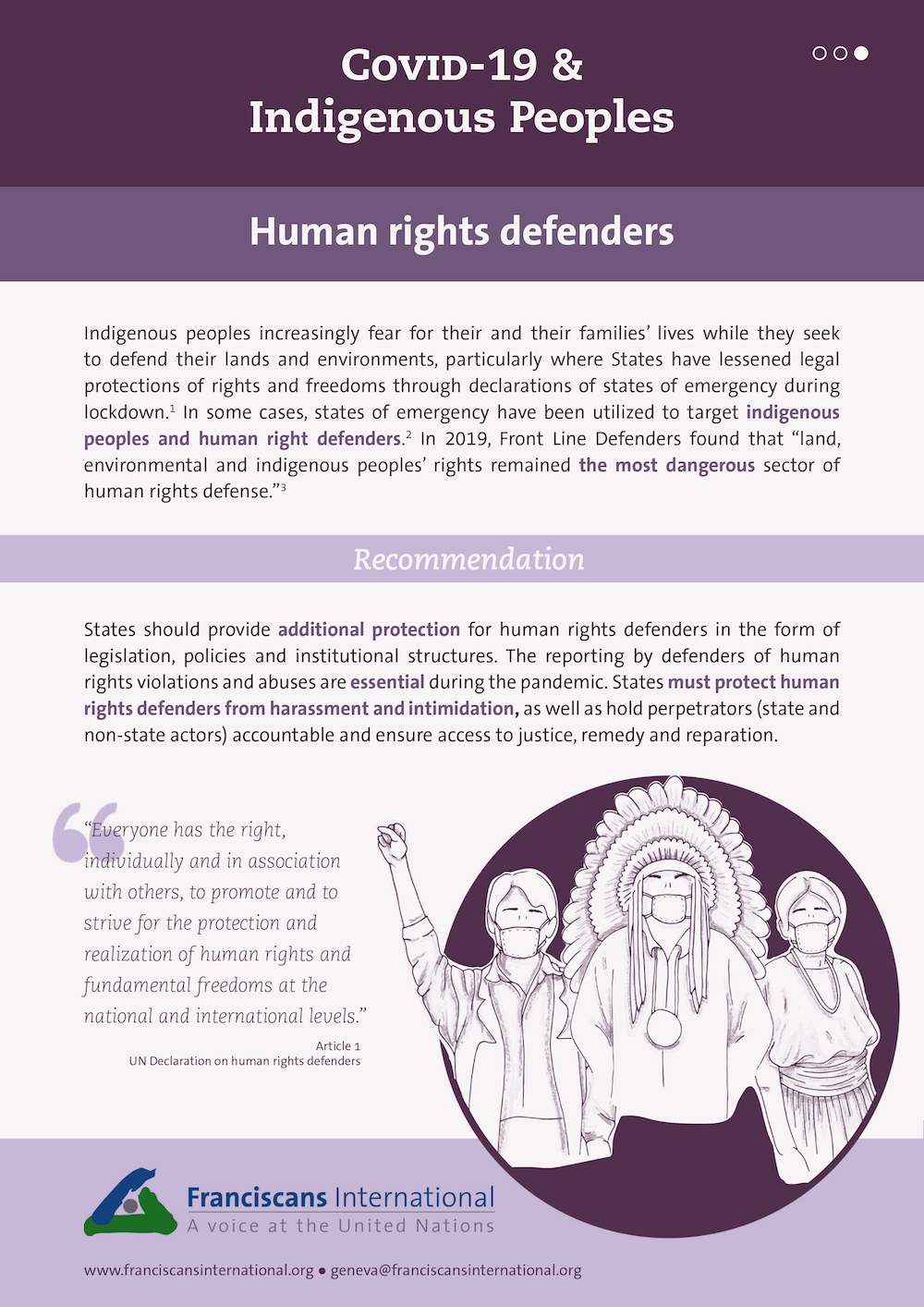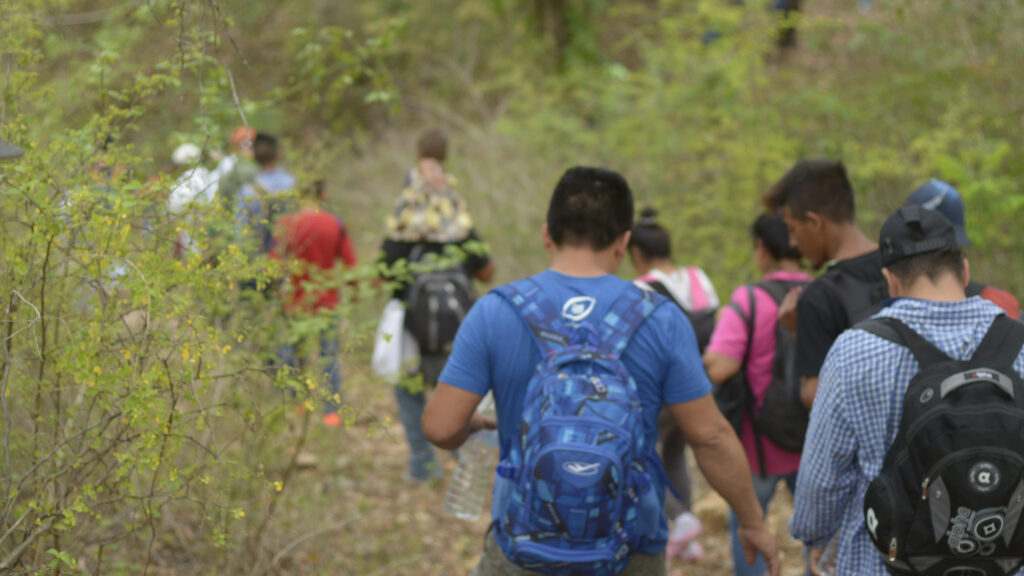The Human Rights Council will convene from 27 February to 4 April. During the session, we will raise various human rights situations and concerns shared by our partners at the grassroots.
You can find all our statements below. This page will be updated throughout the session.
• • •
End of Session: Key outcomes and missed opportunities (4 April)
In a final join statement, we reflected on the key outcomes and challenges of the 52nd session of the Human Rights Council. Among other issues, we welcomed the adoption by consensus of a resolution on the right to a clean, healthy and sustainable environment. Nevertheless, we also expressed our concerns over ongoing attempts by some States to question whether this is indeed a universal right, despite its recognition by the Human Rights Council and the General Assembly. We further raised the role of civil society in the Council’s deliberations, which continue to be restricted after the emergency measures adopted because of Covid-19. In particular, we called for the continuation of hybrid modalities, allowing for remote participation for those that are unable to travel to Geneva.
• Full statement (English)
Item 6: Universal Periodic Review – Brazil (28 March)
During the adoption of Brazil’s UPR, we welcomed the support of all recommendations related to the right to a healthy environment, the right to water, and those related to mining activities. This is a key step considering the regressive measures, laws, and policies adopted in recent year. However, we also called on the government to take quick and proactive action to implement them, while ensuring that victims of human rights violations, especially those resulting from business activities, are guaranteed an effective remedy.
• Full statement (English and Portuguese)
Item 6 Universal Periodic Review – the Philippines (27 March)
In a joint statement, we welcomed the acceptance of important recommendations regarding the protection of human rights defenders and the commitment to investigate cases of extra-judicial killings. However, despite the change of narrative by the new administration, we remain concern about the gap between public discourse and the reality on the ground. During the adoption of the UPR, we raised several recent cases from the Philippines and reiterated our call to establish an international mechanism to investigate cases related to the “war on drugs” policy.
• Full statement (English)
Item 6: Universal Periodic Review – Indonesia (27 March)
Although Indonesia accepted five recommendations related to the human rights situation in West Papua, five others were only noted, including one regarding a visit by the High Commissioner for Human Rights. In a joint statement, we called for the swift implementation of recommendations relating to the protection of human rights defenders and to ending impunity for human rights violations. We reiterated that the human rights situation urgently needs a sustainable solution that can only be achieved through a peaceful and inclusive dialogue and by ensuring accountability for all perpetrators of all human rights violations.
• Full statement (English)
Item 4: General Debate – Guatemala (22 March)
Attacks against human rights defenders in Guatemala have doubled in 2022. These aggressions against justice operators, journalists, Indigenous communities, and organizations and individuals who defend the right to land, territory, and a healthy environment are carried out with impunity and threaten democracy in the country. In a joint statement, we reiterated our call to the Council to use its preventive role before the human rights situation in Guatemala reaches a point of no return.
• Full statement (English and Spanish)
Item 4: General Debate – Sri Lanka (22 March)
Nearly four years after 269 people were killed in the Easter Sunday bombings in Sri Lanka, victims are still waiting for justice. Several official reports have not been fully published and none of the major recommendations that were published have been implemented. There has been no prosecution for criminal negligence of any state officials and no prosecution of the master minds responsible for the crimes. In a joint statement, we called on the Sri Lankan government to hold the perpetrators accountable. We further urged the UN High Commissioner for human rights to support international justice initiatives related to the Easter Sunday Bombings.
• Full statement (English)
Item 4: General Debate – Brazil (22 March)
While acknowledging the creation of the Ministry of Indigenous Peoples by the new administration in Brazil, we alerted the Council that Indigenous Peoples still suffer serious threats and attacks on their fundamental rights, lives, and territories. It is essential that the new government immediately resumes a demarcation policy to protect Indigenous lands and turns its promises into action. In a joint statement, we asked the Council to remain a vigilant attitude toward Brazil to ensure that the new administration makes concrete progress in guaranteeing the territorial rights of Indigenous Peoples.
• Full statement (Spanish)
Item 3: General Debate – Mozambique (17 March)
A violent conflict and the slow onset of climate change have displaced more than 1 million people in Northern Mozambique. This multifaceted crisis has created acute food-insecurity with the situation especially dire in camps for internally displaced persons, where there is limited land and food aid available while housing has been destroyed by extreme weather events. We urged the Government of Mozambique and other UN Member States to comply with their international obligations, as well as to provide immediate humanitarian assistance in Cabo Delgado and the surrounding provinces.
• Full statement (English)
Item 3: Interactive Dialogue with the Special Rapporteur on human rights and the environment (10 March)
With our local partners, we witness that discrimination impairs women and girls’ enjoyment of the right to a healthy environment, as well as a range of other human rights. In turn, this deprives humanity of the potential and steward ship of half the population. In this statement, we brought two specific cases from the Solomon Islands and Mozambique to the attention of the Special Rapporteur. To protect the powerful role of women and girls as agents of change, we also called on the Council to acknowledge the recently recognized right to a healthy environment in its annual resolution on the topic, as well as in all relevant UN resolutions in the future.
• Full statement (English)
Item 3: Interactive dialogue with the Special Rapporteur on the right to food – Guatemala (9 March)
In Guatemala, government policies mostly benefit agrobusinesses and extractive companies, while negatively impacting vulnerable populations. In a joint statement, we raised our concern over the implementation of extractive projects without prior consent of Indigenous Peoples, even though they are directly and negatively affected. We also raised the issue of plant biodiversity and loss of ancestral knowledge. Considering all this, we called the Council to urge Guatemala to adopt policies that address and alleviate threats to adequate food and promote food sovereignty.
• Full statement (English and Spanish)
Item 3: Interactive Dialogue with the Special Rapporteur on the right to adequate housing – Guatemala (9 March)
Guatemala is at risk of extreme weather events, aggravated by the climate change. In 2020, hurricanes Eta and Iota left hundreds of people homeless or with severely damaged house. In a joined statement, we raised our concerns over forced evictions that are often carried out violently and without prior notification, without accommodating for resettlement measures. This situation disproportionately affects Indigenous Peoples. During the Interactive Dialogue, we called on States to scale up the resources available to mitigate the impacts of climate change and to refrain from evictions that put people in even greater vulnerability.
• Full statement (English and Spanish)
Item 2: General Debate – Guatemala (8 March)
Guatemala is facing a human rights and rule of law crisis, aggravated by the weakening and co-optation of public institutions. There is widespread harassment and criminalization of human rights defenders, with more than 2.000 attacks documented in 2022. In a joint statement we called on the Council to use its preventive role before the situation reaches a point of no return and to urge Guatemala to guarantee judicial independence, to prevent and investigate attacks against human rights defenders and justice operators, and to guarantee a transparent electoral process.
• Full statement (English and Spanish)
Thumbnail: UN Photo / Pierre Albouy


